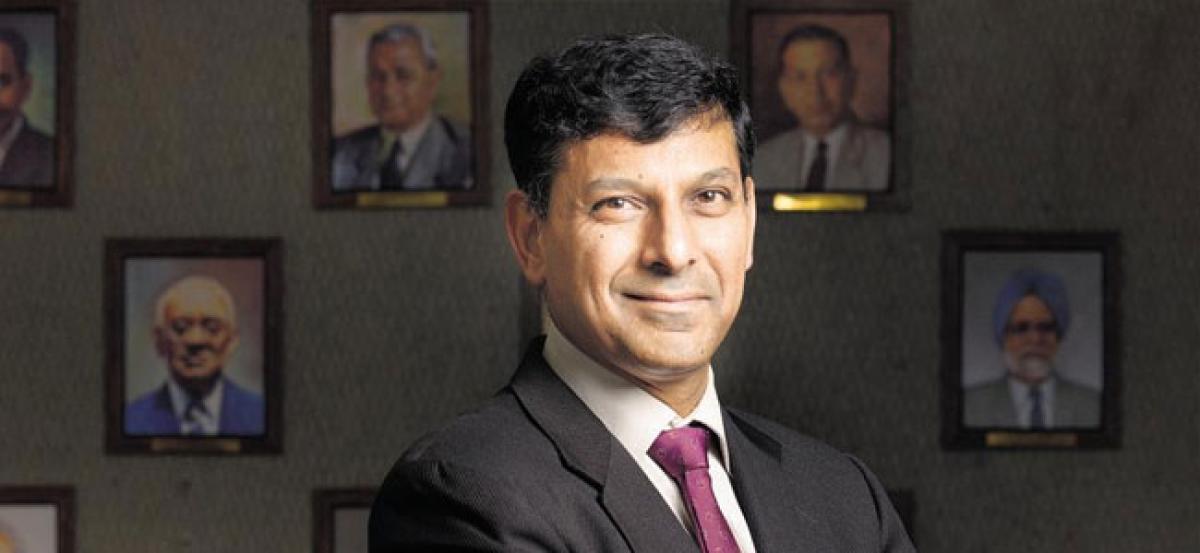Live
- Tribals ignored by past regimes, remain top priority in NDA govt: PM Modi in Jamui
- South Korea: Opposition leader sentenced to suspended prison term for violating election law
- Ajinkya Rahane to lead Mumbai in Syed Mushtaq Ali Trophy
- My thought process and motivation have always been team first: KL Rahul ahead of IPL 2025 auction
- 'You’re going to get dropped': Warner issues warning to Fraser-McGurk after dire ODI campaign
- Kartik Purnima 2024: Key Guidelines to Observe for a Blessed Day
- India, Australia hold talks on bolstering agri-tech ties
- Narayana Murthy Advocates for Hard Work and Six-Day Workweek to Drive India's Growth
- Janjatiya Gaurav Diwas: An account of PM Modi’s close experiences with tribal communities
- WhatsApp Update: WhatsApp New Message Drafts Feature Helps Manage Unfinished Chats









